P.J. Kavanagh, if not dismissed or relegated, is often shall we say bracketed, as a ‘nature poet’. The truth is, he’s as much of a nature poet as William Cowper was: in other words a good deal more than ‘a man who woos a rural muse’. While Kavanagh is also mentioned as a successor to Louis MacNeice and Edward Thomas, and is known for his portraits and tips of the hat to many other poets, such as Robert Lowell, Ivor Gurney and Yeats, it is, in fact, Cowper whose echo I myself hear most clearly.
Already a subscriber? Log in
Subscribe for just $2 a week
Try a month of The Spectator Australia absolutely free and without commitment. Not only that but – if you choose to continue – you’ll pay just $2 a week for your first year.
- Unlimited access to spectator.com.au and app
- The weekly edition on the Spectator Australia app
- Spectator podcasts and newsletters
- Full access to spectator.co.uk
Unlock this article
Available from the Spectator Bookshop, £11.95. Tel: 08430 600033
You might disagree with half of it, but you’ll enjoy reading all of it. Try your first month for free, then just $2 a week for the remainder of your first year.

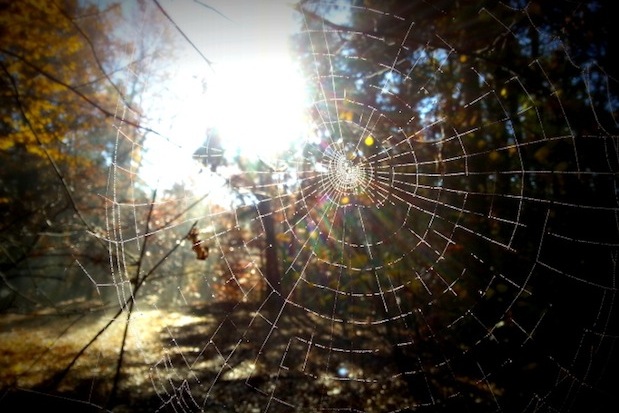
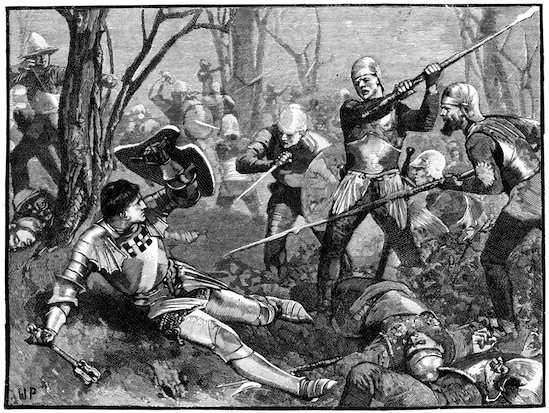
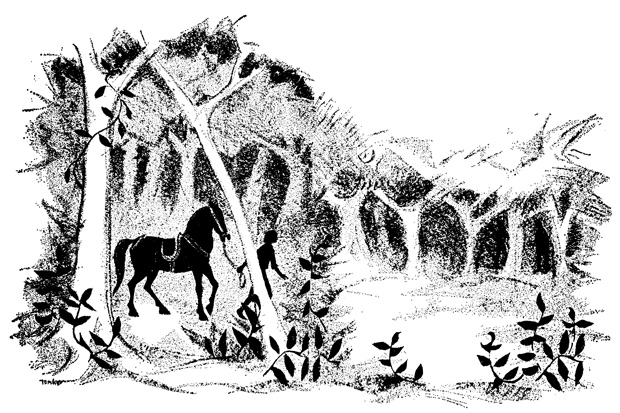
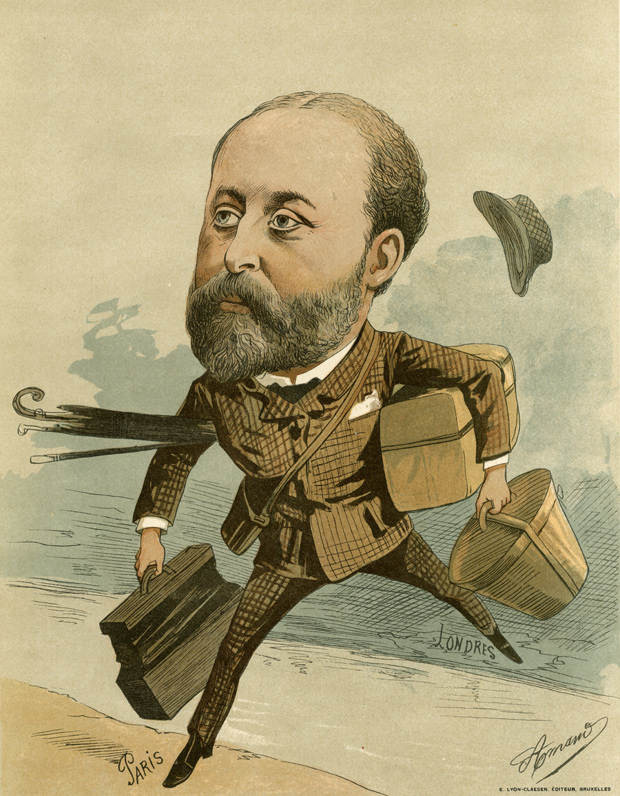
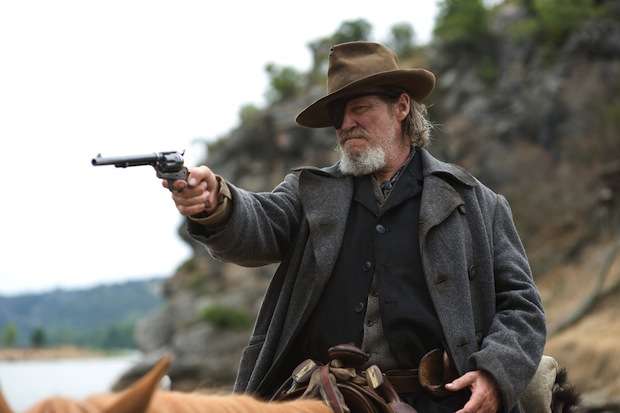
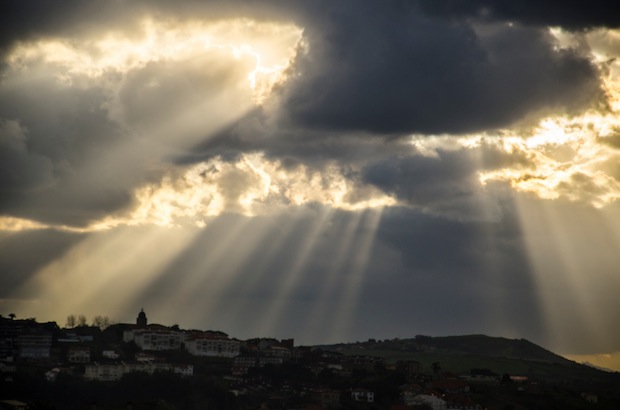
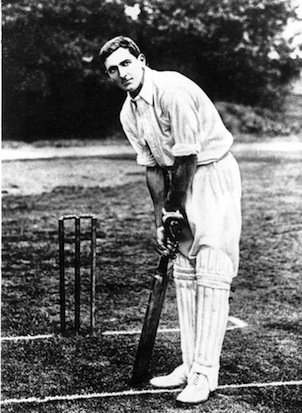






Comments
Don't miss out
Join the conversation with other Spectator Australia readers. Subscribe to leave a comment.
SUBSCRIBEAlready a subscriber? Log in